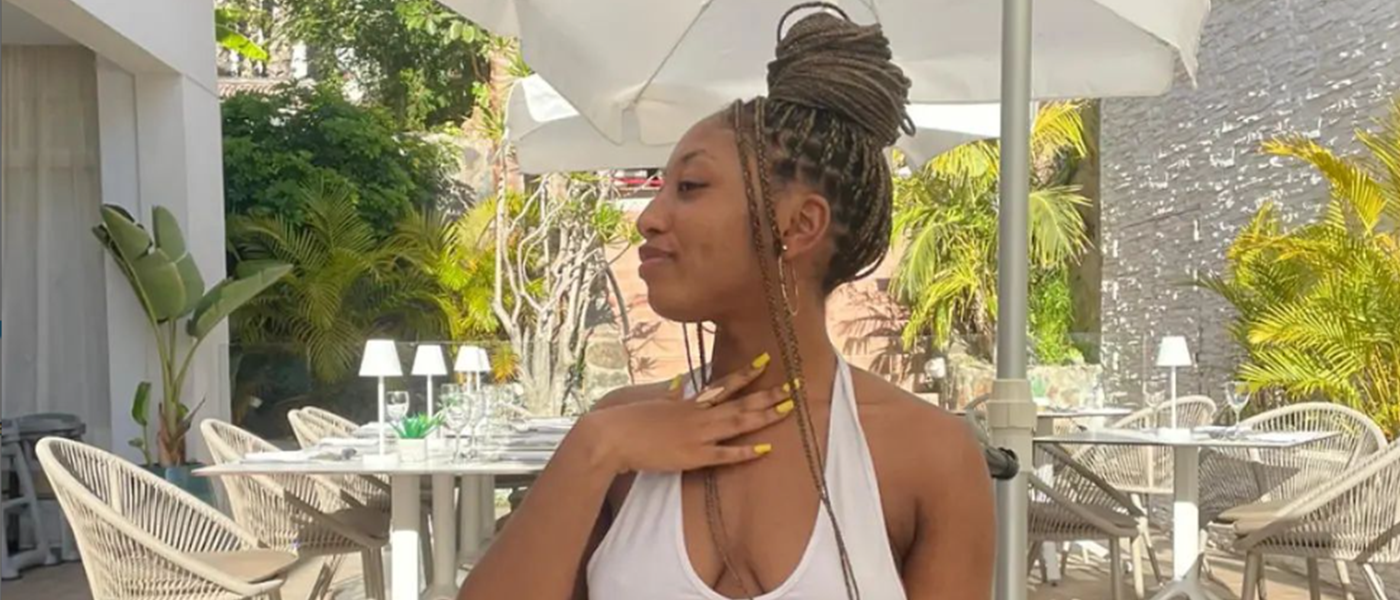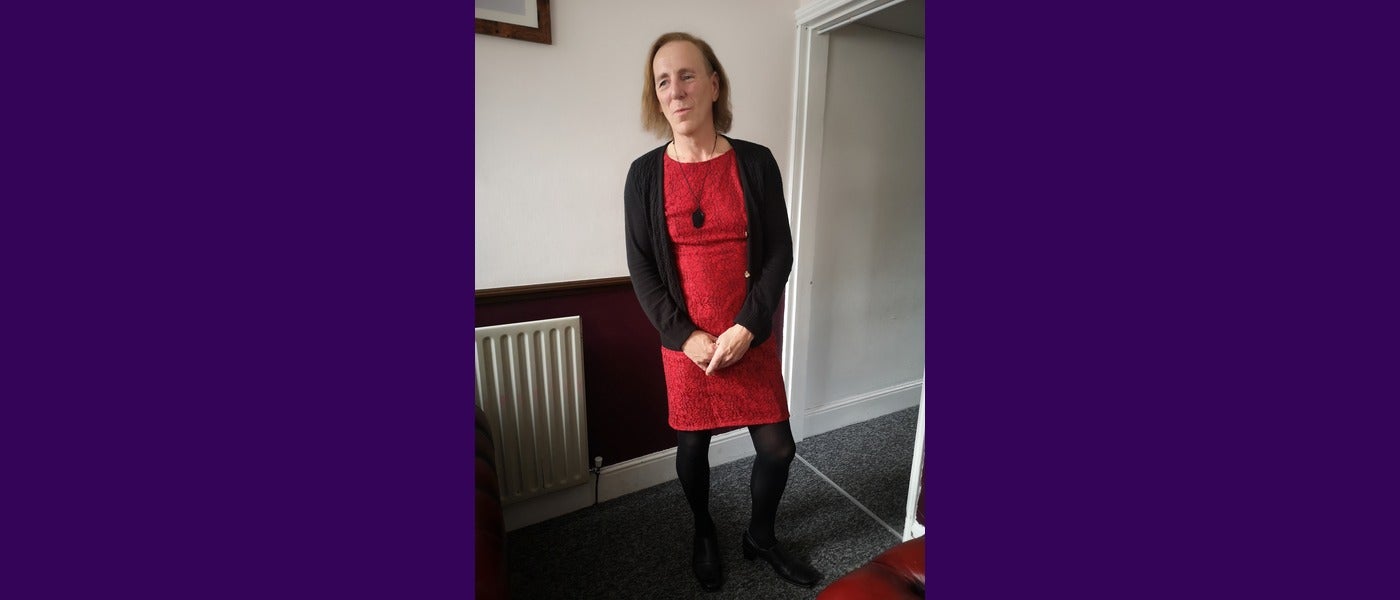- Home
- News and stories
- “My identity as a queer woman and as a neurodivergent person go hand-in-hand.”
“My identity as a queer woman and as a neurodivergent person go hand-in-hand.”
 22 September 2024
22 September 2024
Sophie (she/her) is a queer neurodivergent woman. To mark Bi Visibility Day, she reflects on her identity as a disabled bisexual woman.
I often joke that Bisexual Visibility Day implies that we're invisible for the rest of the year. But there’s truth behind the jest.
Bisexual people of all genders sometimes feel invisible in queer spaces. Our community, especially those in queer relationships, also experience homophobia and discrimination. It's a double whammy of oppression.
It's no wonder we have higher rates of mental health problems and addiction. This is especially the case for bisexual women. We're also more likely to be victims of sexual and domestic violence.
Our experiences are also lumped in with lesbians or gay men. We're told we aren’t ‘queer enough'. Sometimes, we're excluded entirely.
When legal, political, and health institutions don’t recognise these issues, they can't be addressed.
What community means to LGBTQ+ disabled people
Queer people already know what it's like to be treated differently. They also face discrimination, and have micro aggressions constantly thrown at them. They naturally have that empathy anyway, and they accept difference more. That could be why those communities are so aligned.
Queer people are more likely to be disabled, and disabled people are more likely to be queer. So, that Venn diagram is closer to a circle.
The queer spaces I’ve been in place a huge emphasis on accessibility. This can include holding events in wheelchair-accessible venues. Or providing ear defenders and quiet spaces for neurodivergent folk.
Attitudes towards my sexuality
As a queer woman with a hidden disability, my experience has been the opposite of desexualization. I’ve experienced a lot of hypersexualization.
Sadly, we live in a culture that simultaneously sexualises and diminishes sapphic relationships. I’ve been on the receiving end of catcalling, ignorant comments, and harassment several times.
It’s not okay to make assumptions about someone's sexuality based on their disability or sexual orientation. These attitudes need to be urgently challenged.
Finding my sense of identity as a neurodivergent queer woman
Coming to terms with being queer and disabled has been a process of deconstruction. I've looked at all the ways I’ve been told by society to dress, act, talk, and to take up space. I’ve kept the things that serve me, and thrown out the rest.
For most of my life, I intensely masked my autistic traits. I suppressed my need to stim (which means to self-stimulate) and avoided talking about my special interests. I also adjusted my eye contact and the tone of my voice.
Now, I just try to be myself. I'm more open about loving people of all genders, and about being neurodivergent.
My neurodivergent and bisexual identities are connected
My identity as a queer woman and as a neurodivergent person go hand-in-hand. I feel they're both about questioning things.
They’re about rejecting society's ideas of what womanhood should be like.
My relationship with my neurodiversity isn’t linear, and neither is my bisexual identity. Both fluctuate.
At times, I’ve struggled with feeling disabled enough for the disability community. Similarly, with feeling queer enough for the LGBTQ community.
Happily, I’m at peace today with my identity as a queer disabled woman. This is thanks to the friendships and community I’ve found along the way.
They have been a bedrock of support, and a great source of joy.
Have you got a question about disability and relationships? Visit our online community for advice.
 22 September 2024
22 September 2024








